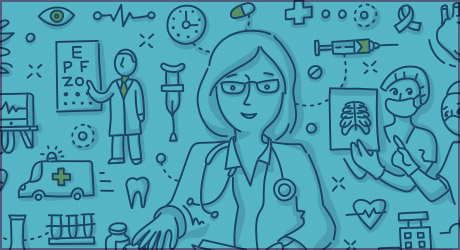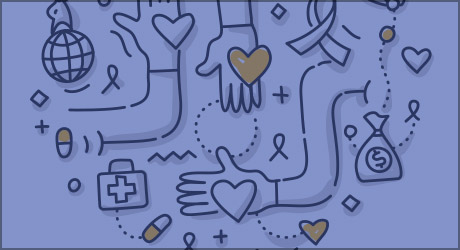
Why Choose Us?
- Chest Pain Centers with PCI as accredited by ACC Accreditation Services (American College of Cardiology)
- Cardiac electrophysiology lab accredited by the American College of Cardiology
- Advanced Heart Failure Certification by the Joint Commission
- Designated Blue Distinction Center+ for Cardiac Care by Blue Cross Blue Shield
- First-in-nation to achieve Atrial Fibrillation with EPS Accreditation Version 3 from the American College of Cardiology
- Primary Stroke Centers as designated by The Joint Commission
- American Association of Cardiovascular and Pulmonary Rehabilitation (AACVPR) certified
- Peripheral Vascular Lab accredited by the Intersocietal Accreditation Commission (IAR)
- Vascular Lab accredited by the American College of Radiology (ACR)
- Transcatheter Valve Replacement & Repair (TAVR) accreditation from the American College of Cardiology
Our Services Include:
- Advanced diagnostic and imaging technology to find heart disease early, when it's most treatable
- 24/7 interventional cardiac procedures available
- Open heart surgeries including coronary bypass and valve repair
- Heart failure care
- Specialized treatment for heart rhythm disorders (AFib)
- Left atrial appendage (LAA) closure device implants
- Transcatheter aortic valve replacement (TAVR)
- Heart and vascular rehabilitation that combines education, support and exercise therapy
Heart Healthy Resources

A Woman’s Risk for Heart Disease is Different: Here’s What You Need to Know
Heart disease is a big issue in the United States for both men and women alike. But some risk factors are more unique to women.
Read more »

Is High Blood Pressure Considered Heart Disease?
Finding out you have high blood pressure can be worrisome if you aren’t sure what your numbers mean or what to do about them. Discover how high blood pressure affects your heart.
Read more »

How Does Smoking Affect Your Heart?
Smoking’s impact reaches far beyond your lungs, harming nearly every other organ in the body. Get the specifics on how smoking can influence your heart’s health.
Read more »

Why Your Heart Wants You to Pay Attention to Your Cholesterol
Your liver makes cholesterol in your body, but you also get cholesterol from eating certain foods. Find out how the wrong kind of cholesterol can impact your heart.
Read more »